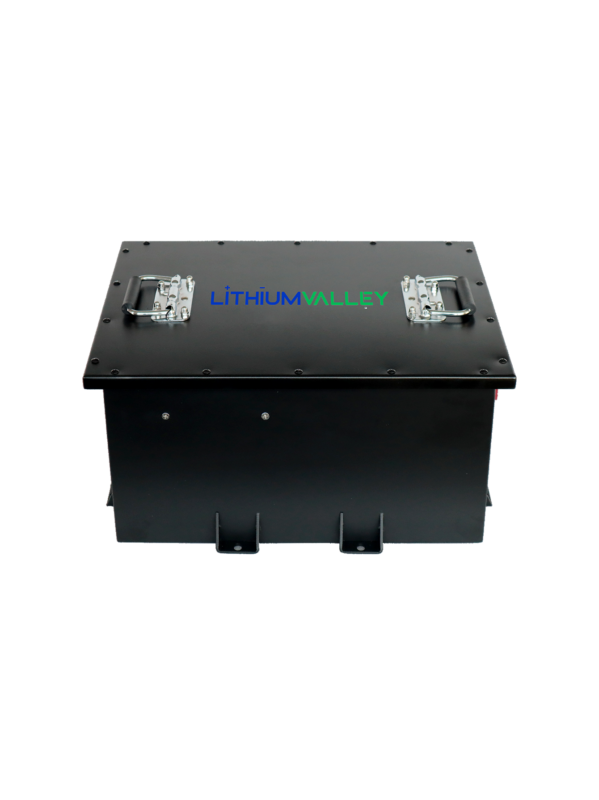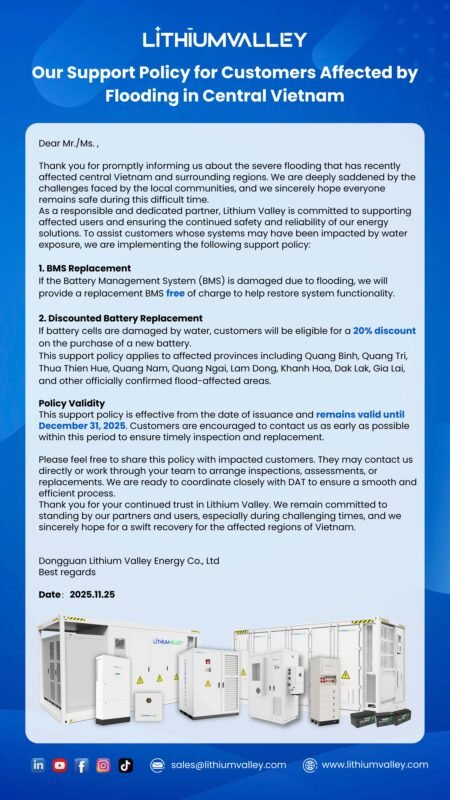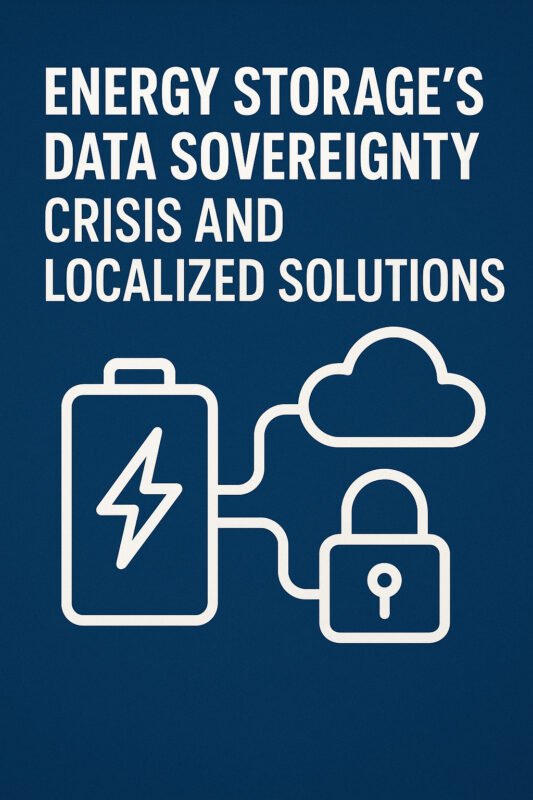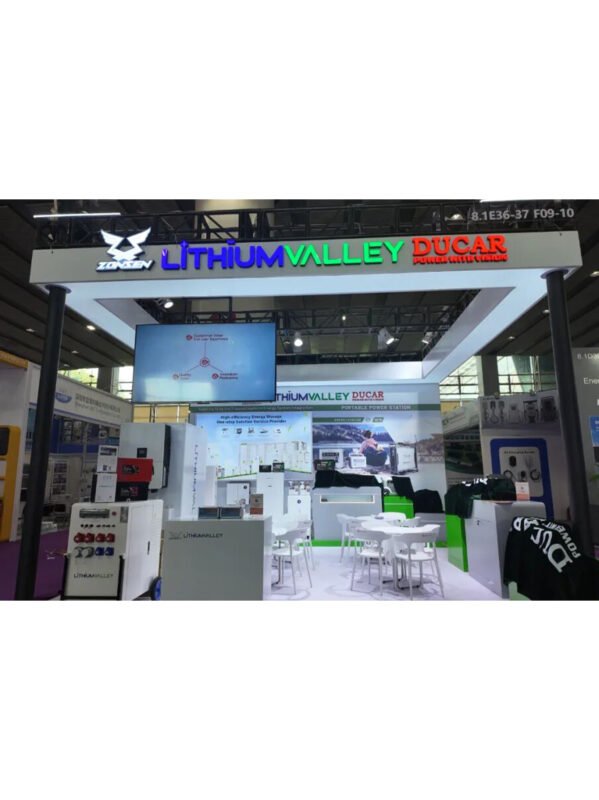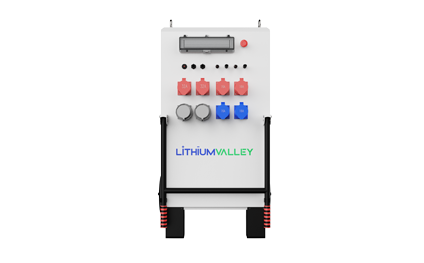As the global energy landscape shifts toward sustainability, Munich emerges as a key player in Germany’s energy transition—particularly in photovoltaic (PV) systems and battery storage. In 2025, the city is witnessing robust growth in solar adoption across residential, commercial, and utility-scale sectors. Backed by favorable policies, innovative technology, and a rising public awareness of climate goals, Munich’s renewable energy and storage market is not only thriving but also setting benchmarks for others to follow.
Munich’s Renewable Energy Ambitions
Munich has long been at the forefront of Germany’s energy transition, or Energiewende. The city aligns closely with the national target to achieve 80% renewable electricity by 2030, as outlined by Germany’s Federal Ministry for Economic Affairs and Climate Action (BMWK). Among Germany’s states, Bavaria leads in solar generation, contributing nearly 30% of the country’s installed PV capacity according to Fraunhofer ISE.
Locally, the municipal utility Stadtwerke München (SWM) is spearheading clean energy investments with a target of delivering 100% green electricity to all private households in Munich by 2035. Rooftop solar incentives and community programs are actively supported, while grid-connected battery systems enhance load balancing and reliability.
Policy Support: The Backbone of Market Expansion
Germany’s updated Renewable Energy Act (EEG) and the ambitious “Easter Package” (Osterpaket) reforms passed in 2023 have reshaped the policy landscape in 2025. According to Clean Energy Wire, the reforms include:
- Higher feed-in tariffs for residential and commercial PV systems
- Simplified permitting for rooftop and ground-mounted installations
- Grid parity incentives for integrated solar-plus-storage systems
- Battery storage subsidies through the KfW Bank, covering part of the installation costs for both homeowners and SMEs
Such policy instruments have significantly reduced the payback period for lithium battery energy storage systems, especially for residential prosumers.
Technological Innovation Driving Adoption
Munich’s clean tech sector is rapidly integrating advanced energy technologies:
- High-efficiency solar panels now reach 22–24% conversion efficiency, based on data from Fraunhofer ISE
- Lithium iron phosphate (LFP) batteries are widely adopted for their safety, longevity (6000+ cycles), and lower degradation, as detailed in the IEA Global EV Outlook 2023
- Hybrid inverters and AI-powered EMS (Energy Management Systems) are optimizing generation, storage, and self-consumption in real time
This tech-forward trend is making it easier for Munich’s residents and businesses to adopt smart energy homes and backup storage solutions that also function as uninterruptible power supplies (UPS).
Lithium Valley provides advanced residential and industrial energy storage systems, tailored to meet Munich’s rising demand for intelligent energy solutions.
Market Segmentation: Residential, C&I, Utility-Scale
- Residential Sector
Munich homeowners benefit from both subsidies and high electricity prices—around €0.35/kWh in 2025, based on Eurostat. These factors drive strong adoption of rooftop PV systems paired with lithium batteries.
Typical systems include 5–10 kWp solar panels with 5–15 kWh storage, allowing 60–80% self-consumption, according to Fraunhofer Energy Charts. Virtual power plant (VPP) participation is also growing, with households feeding excess energy into aggregated energy networks.
- Commercial & Industrial (C&I) Sector
Munich’s logistics, manufacturing, and retail businesses are investing in solar-plus-storage systems to lower energy costs and meet ESG standards. Many commercial rooftops host 50–100 kWp systems, supported by energy dashboards and EMS. Some industrial zones are exploring microgrid pilot programs, where companies co-finance shared PV + battery installations, as described by the European Commission’s REC Initiative.
- Utility-Scale Projects
The outskirts of Munich feature utility-scale solar parks with multi-megawatt battery storage systems. These support SWM’s renewable energy targets and stabilize the Bavarian grid. Backed by Power Purchase Agreements (PPAs) and improved bankability, such projects are increasingly attractive for institutional investors. Innovative models like agrivoltaics—which combine solar panels and agricultural land use—are gaining ground, per BloombergNEF.
Challenges to Address
Despite this momentum, Munich’s renewable storage market must navigate several hurdles:
- Grid congestion, due to the rapid growth of distributed energy resources (DERs)
- Battery recycling limitations, with infrastructure still catching up to demand (see EU Battery Regulation)
- Labor shortages of trained PV and energy storage technicians
- Regulatory uncertainties, particularly beyond 2025, affecting long-term investment planning
Solving these issues will require joint efforts between utilities, technology firms, policymakers, and vocational training institutions.
Investment and Business Opportunities
For global EPCs, battery manufacturers, inverter suppliers, and digital energy platform providers, Munich offers fertile ground:
- PV + battery bundles for urban homeowners
- Smart commercial energy storage kits with predictive analytics
- Accessories like BMS, EMS, UPS systems, smart meters
- Partnerships with local installers and Stadtwerke München (SWM) to scale distributed pilots and VPPs
Entering the Munich market requires understanding local compliance, installation regulations, and subsidy structures—but the potential ROI is considerable.
Outlook for 2025 and Beyond
With strong policy frameworks, advanced technology, and widespread public support, Munich is not only embracing the renewable future—it’s helping to define it. The city is on track to continue double-digit growth in solar-plus-storage adoption, while contributing significantly to Germany’s national energy goals. Reports from Agora Energiewende underscore the need for urban innovation hubs like Munich to scale sustainable models across Europe.
Lithium Valley will showcase residential, commercial, and industrial energy storage solutions at Booth C3.179 during Intersolar Europe 2025 (May 7–9, New Munich Trade Fair Centre).


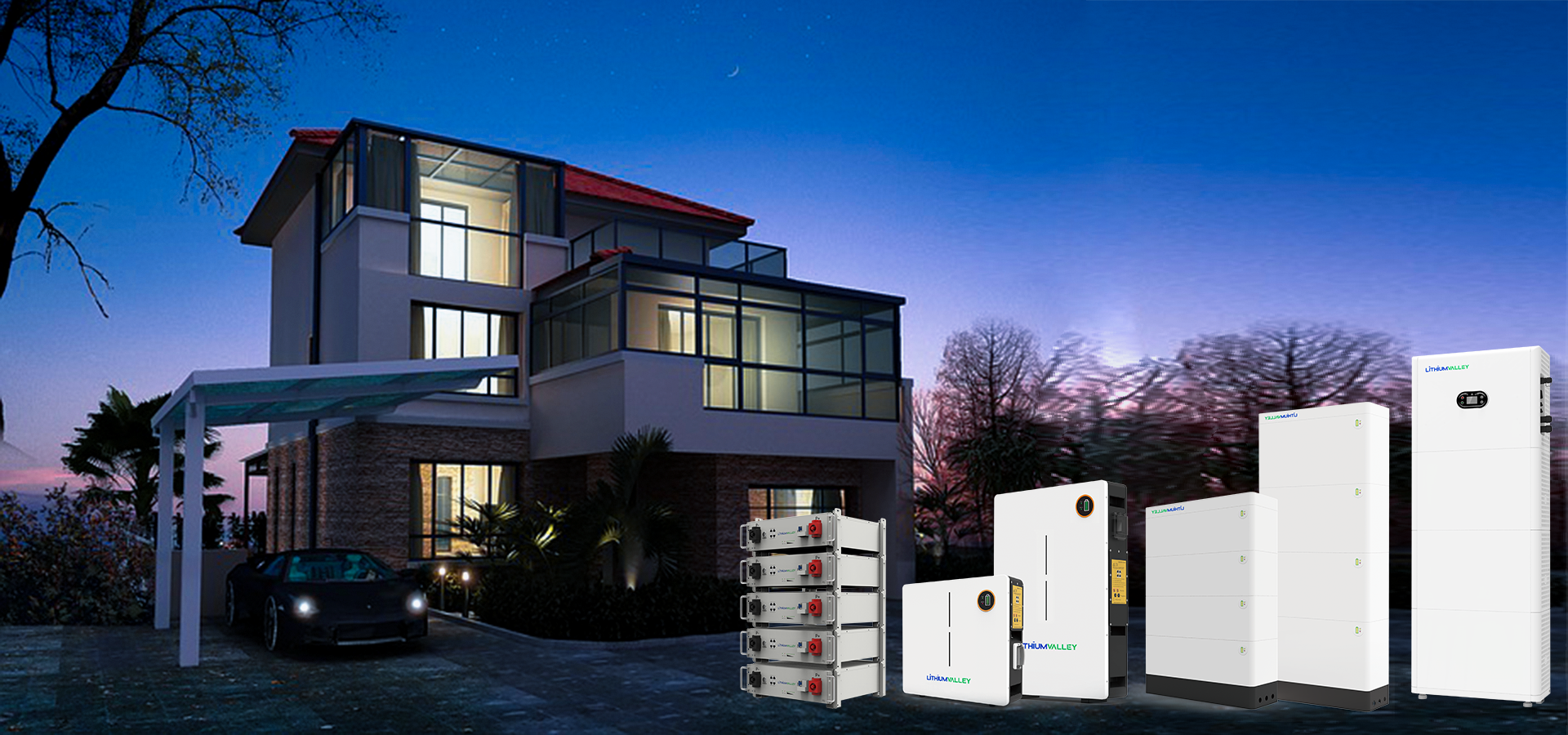
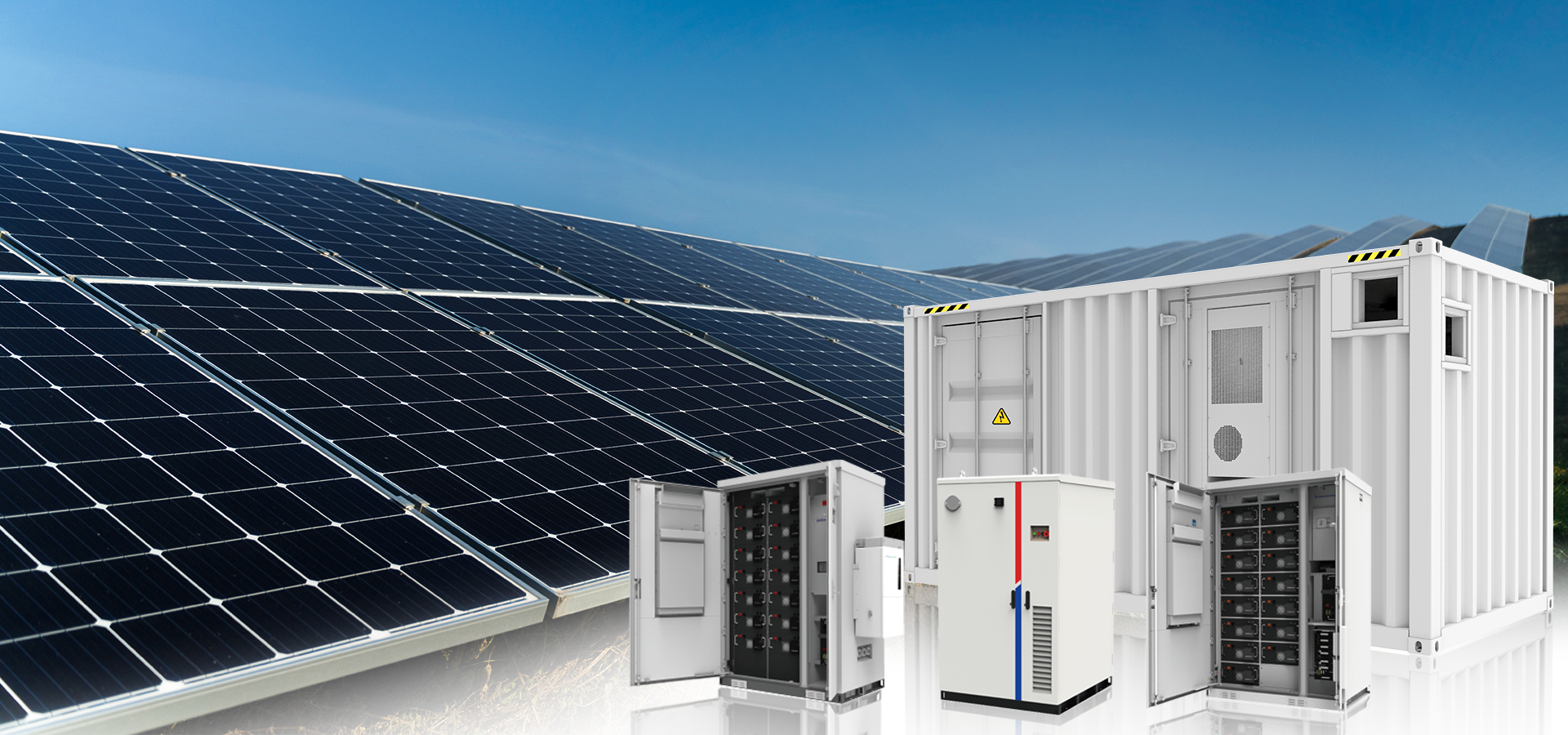
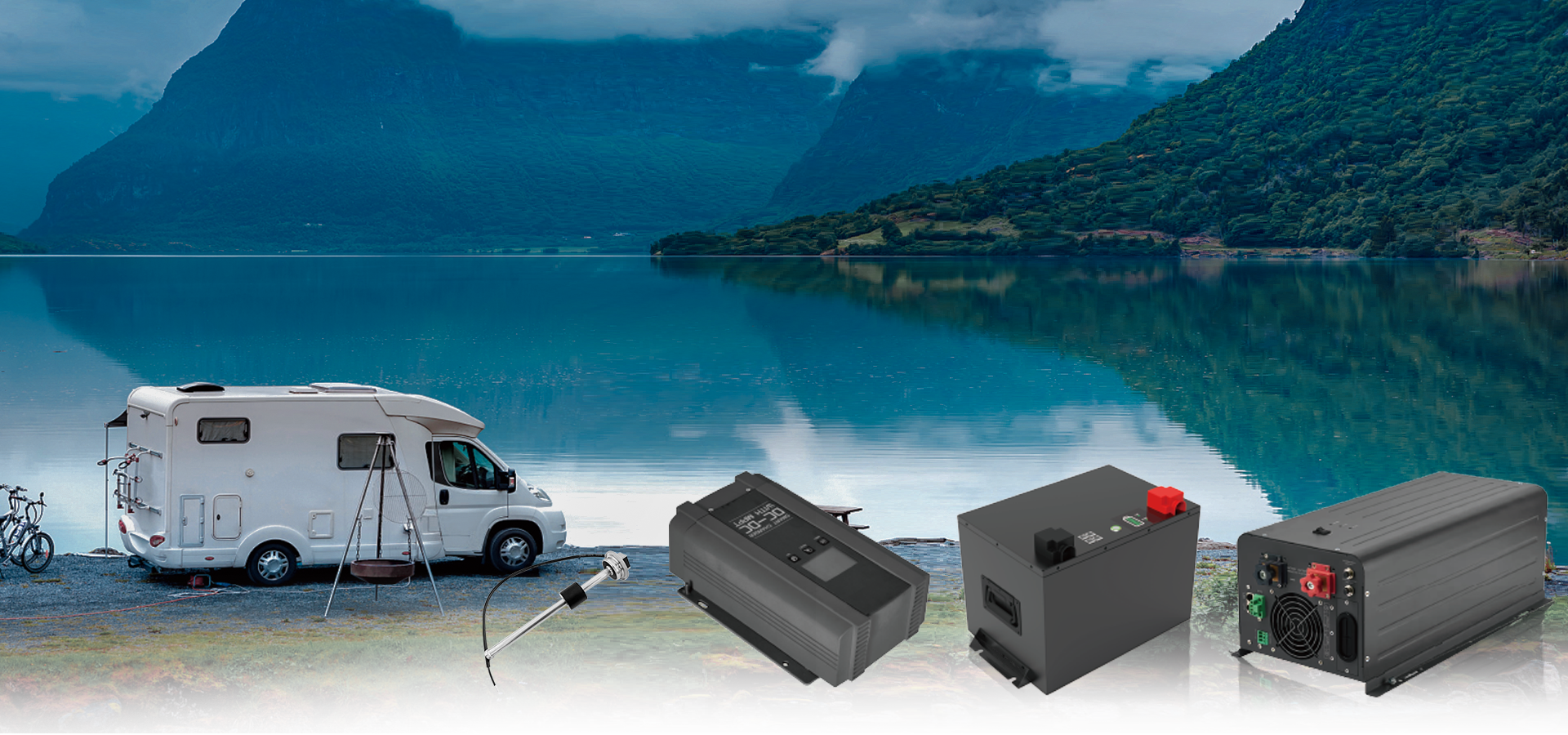
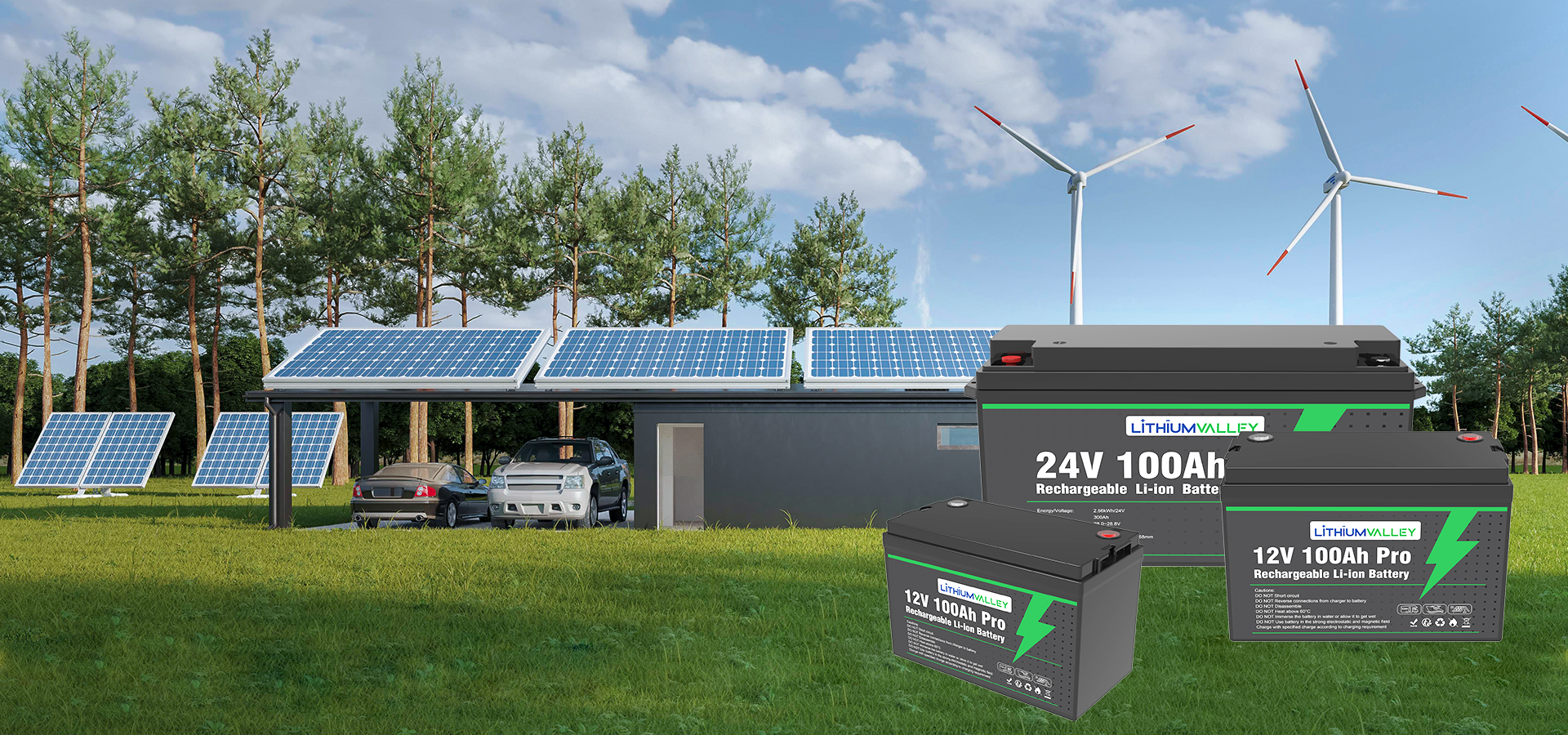
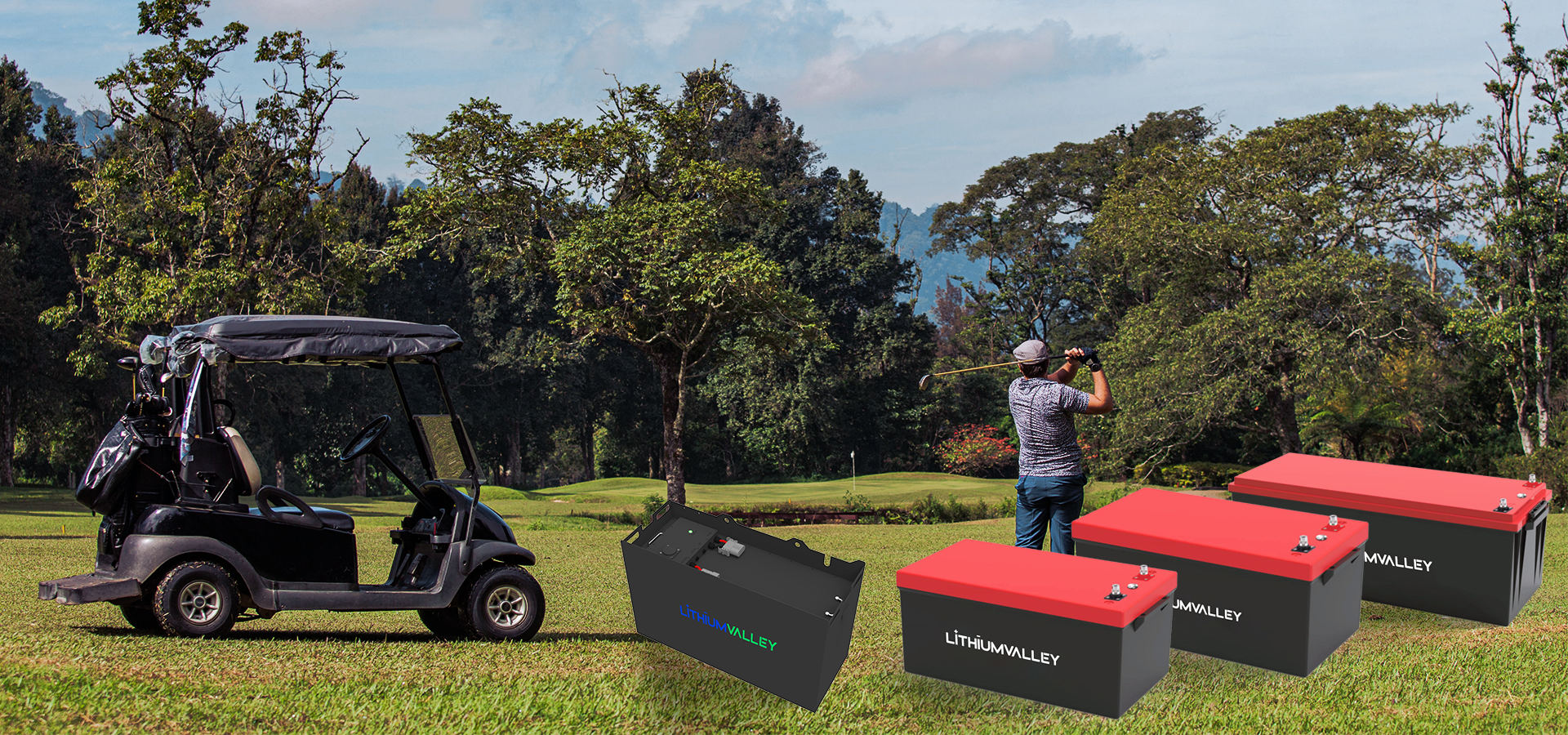
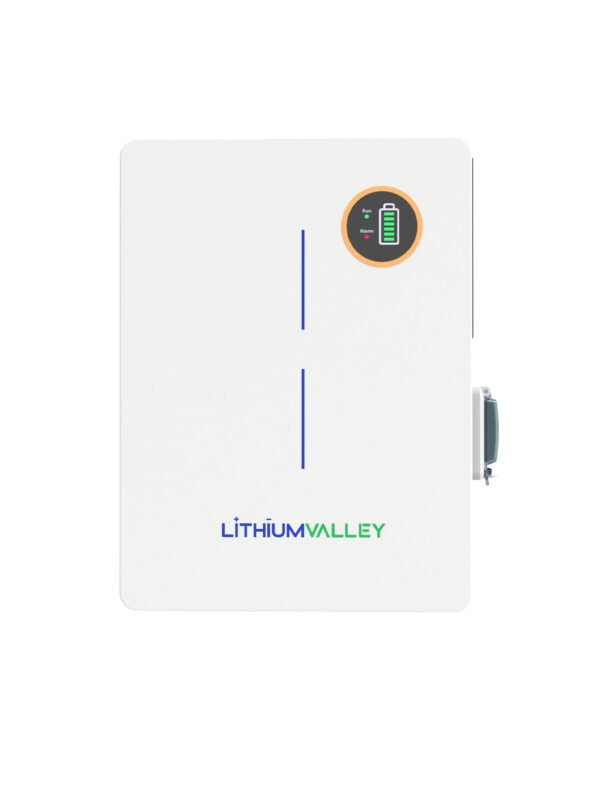
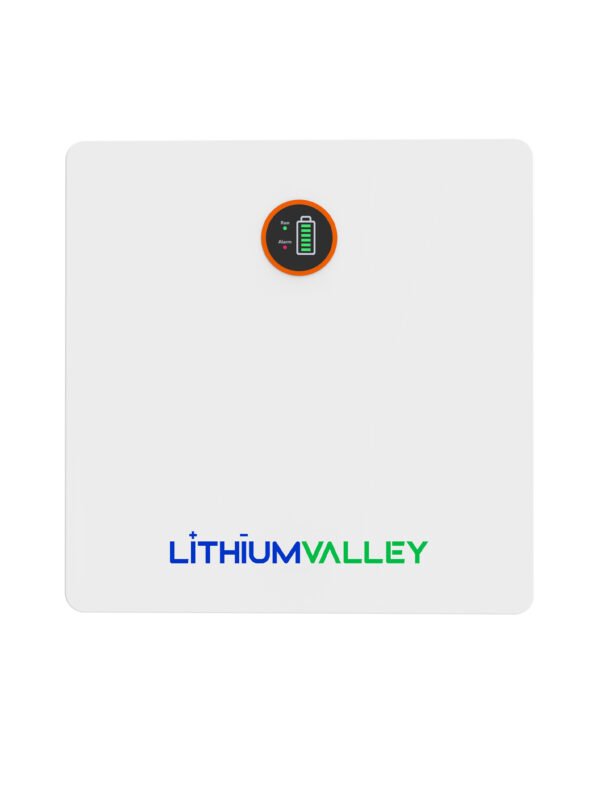
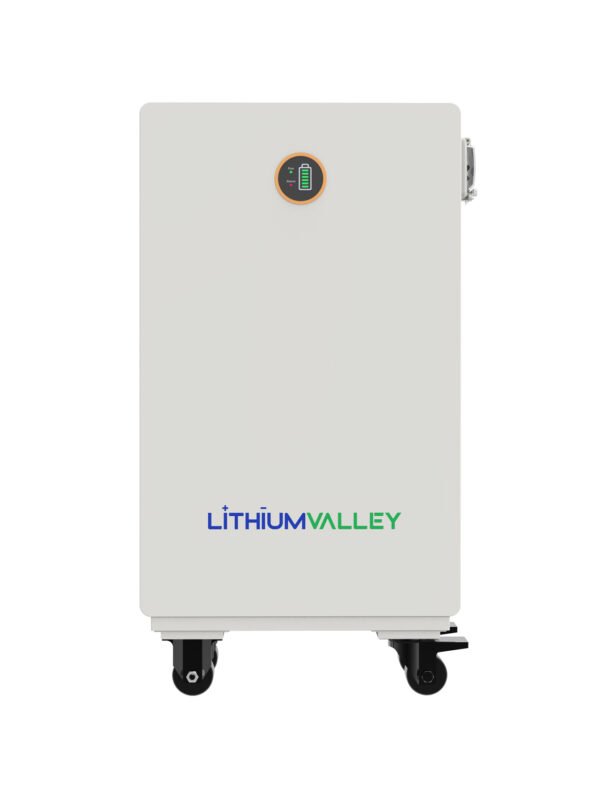
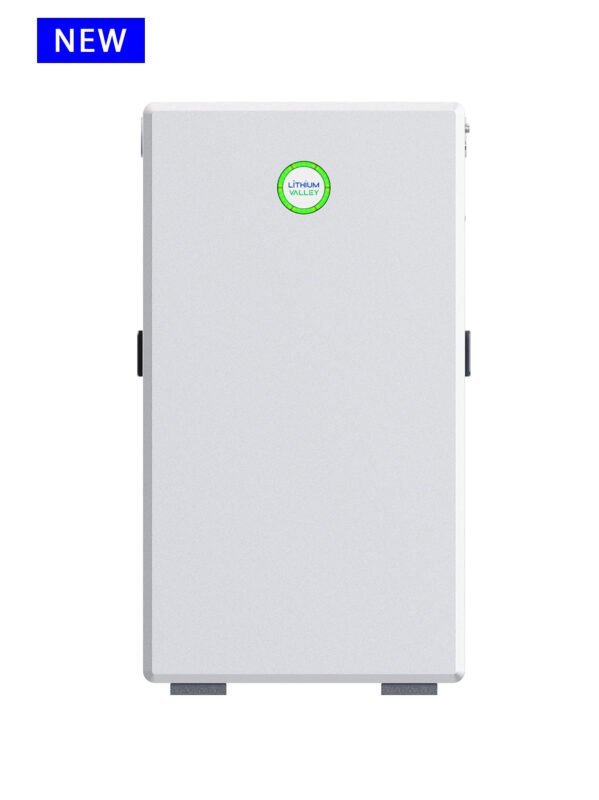
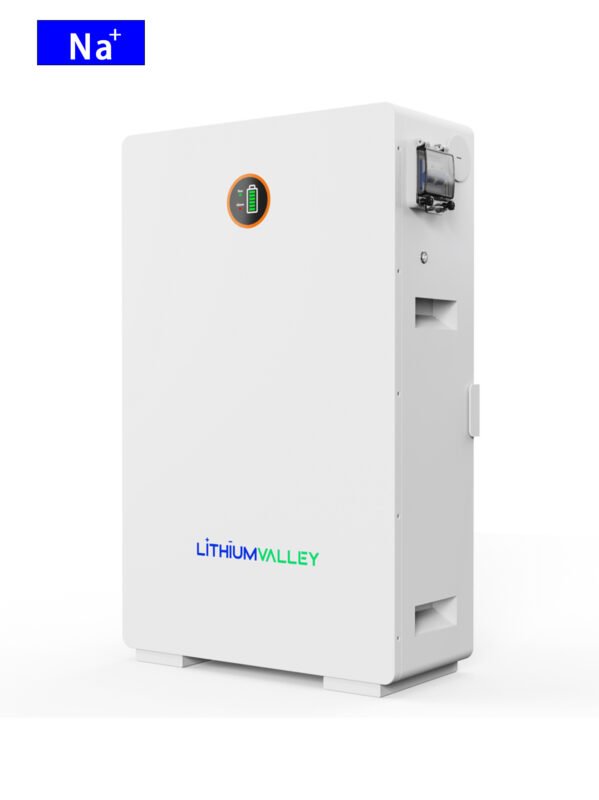

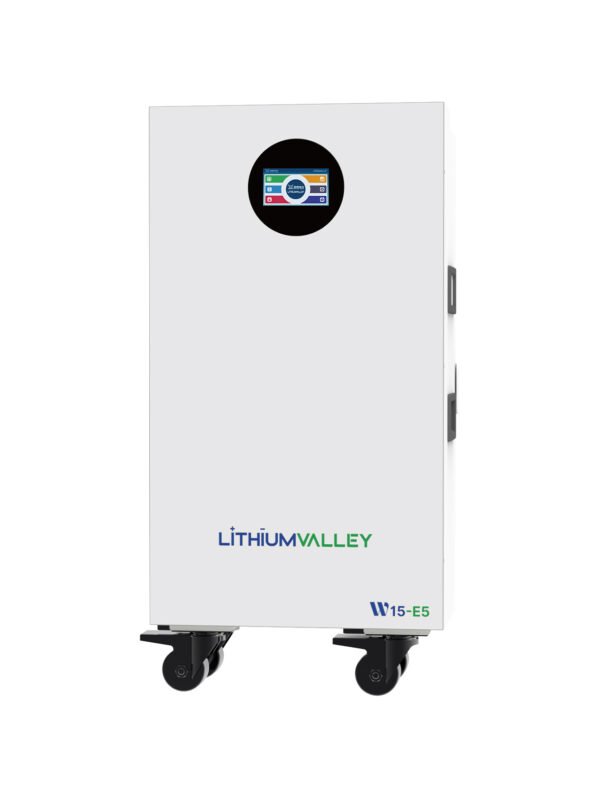
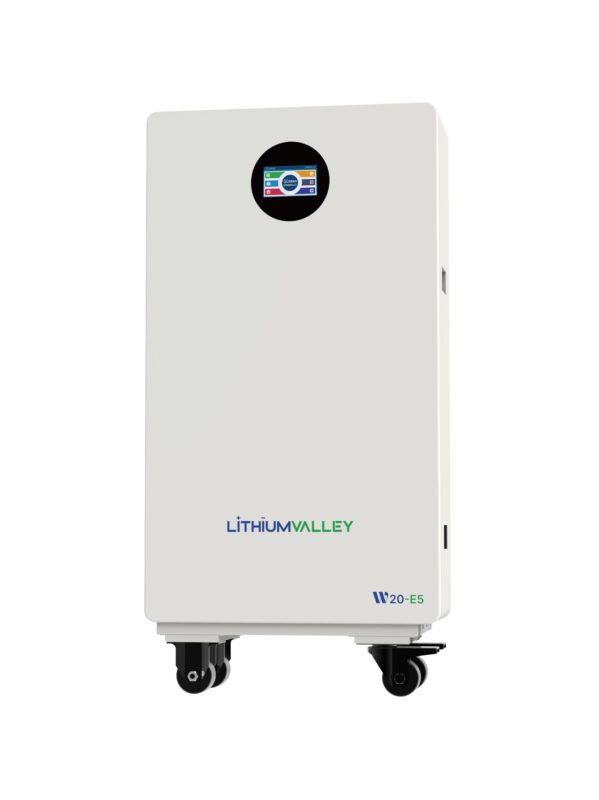
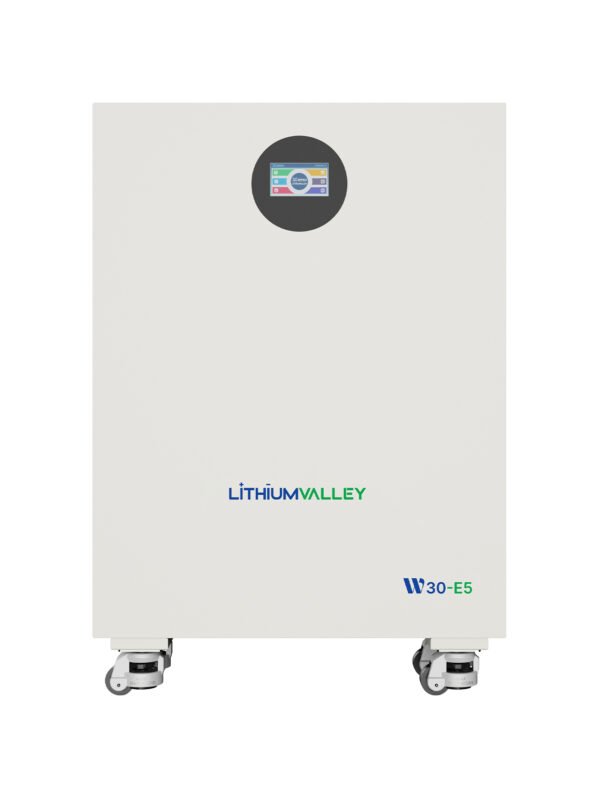
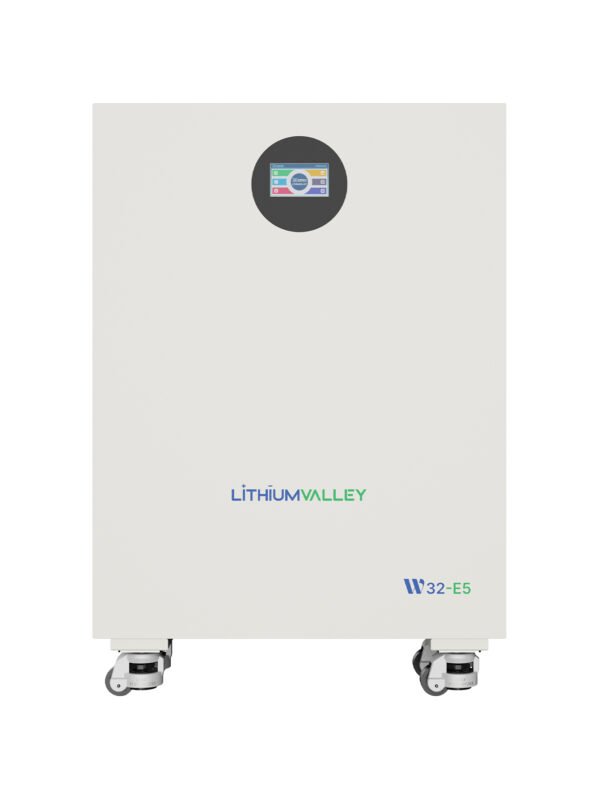
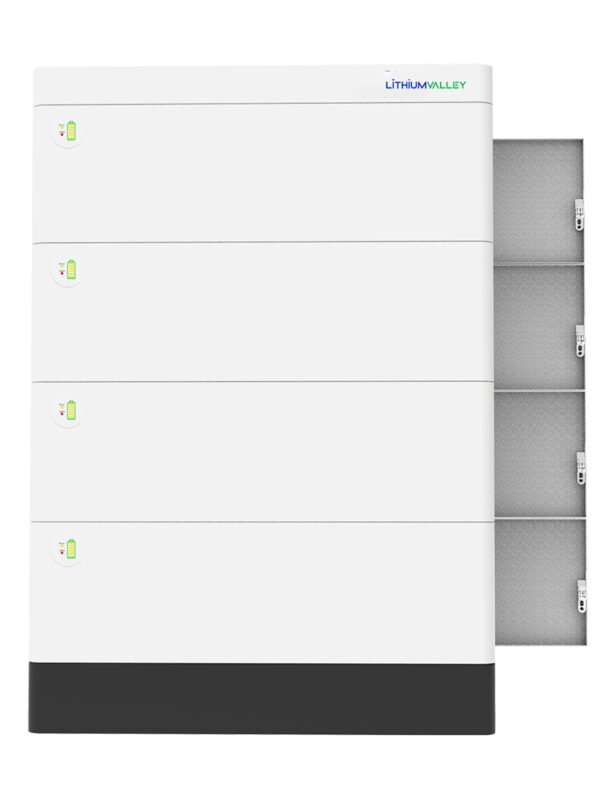
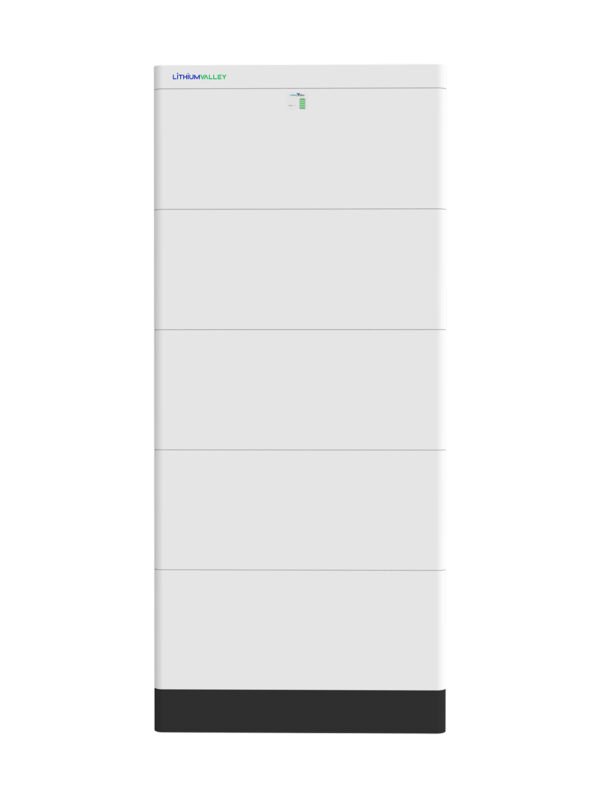




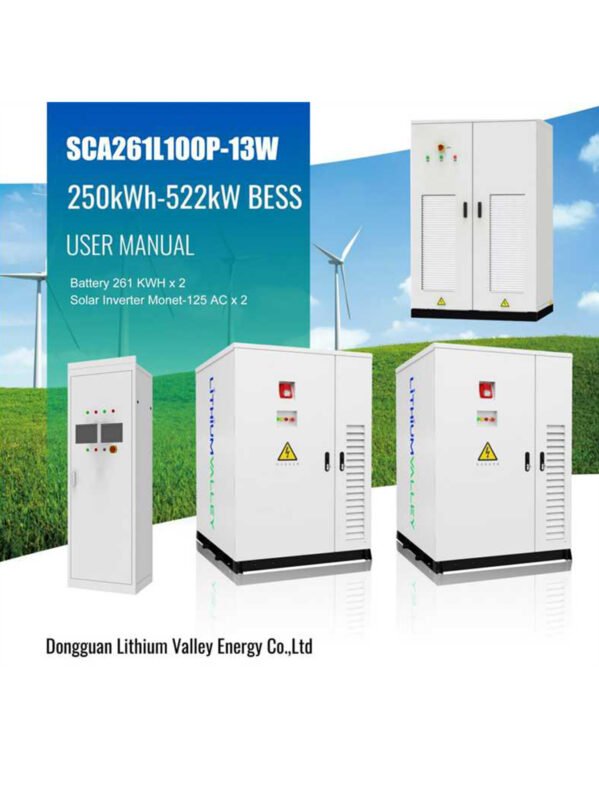
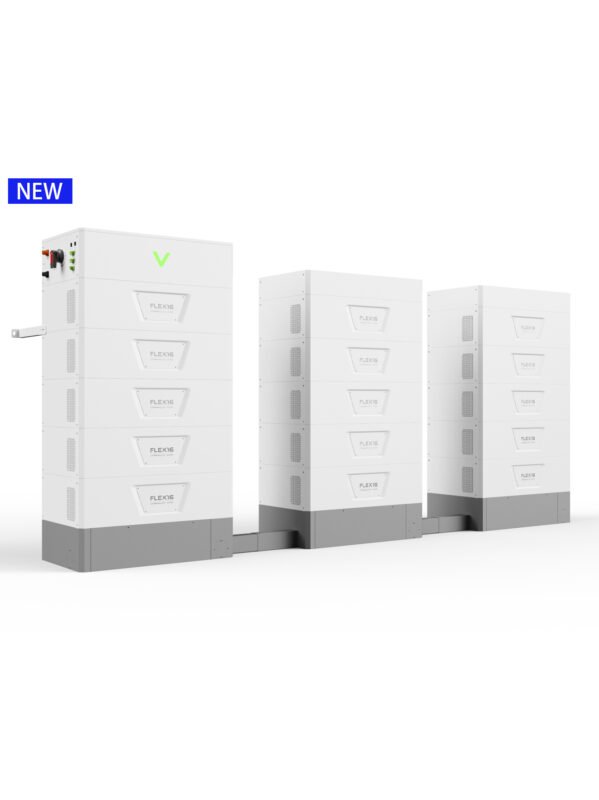





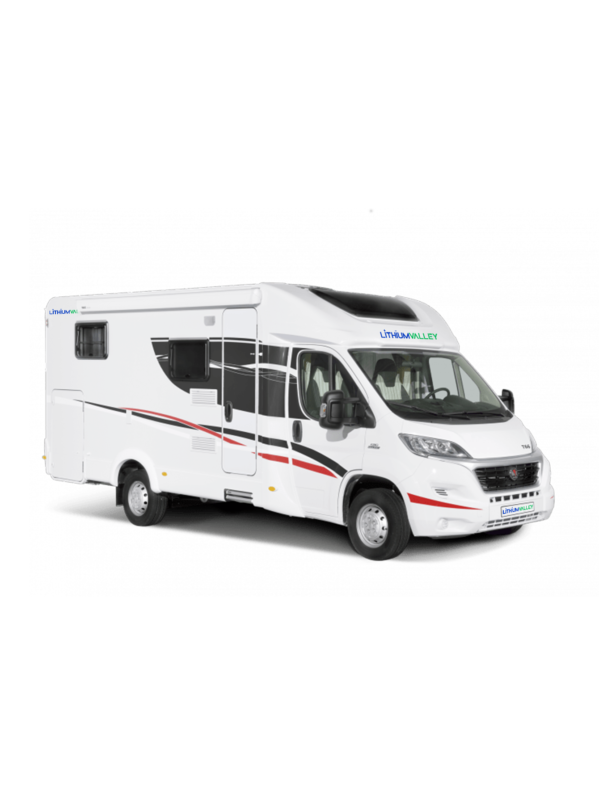
.png)
.png)
.png)
.png)
